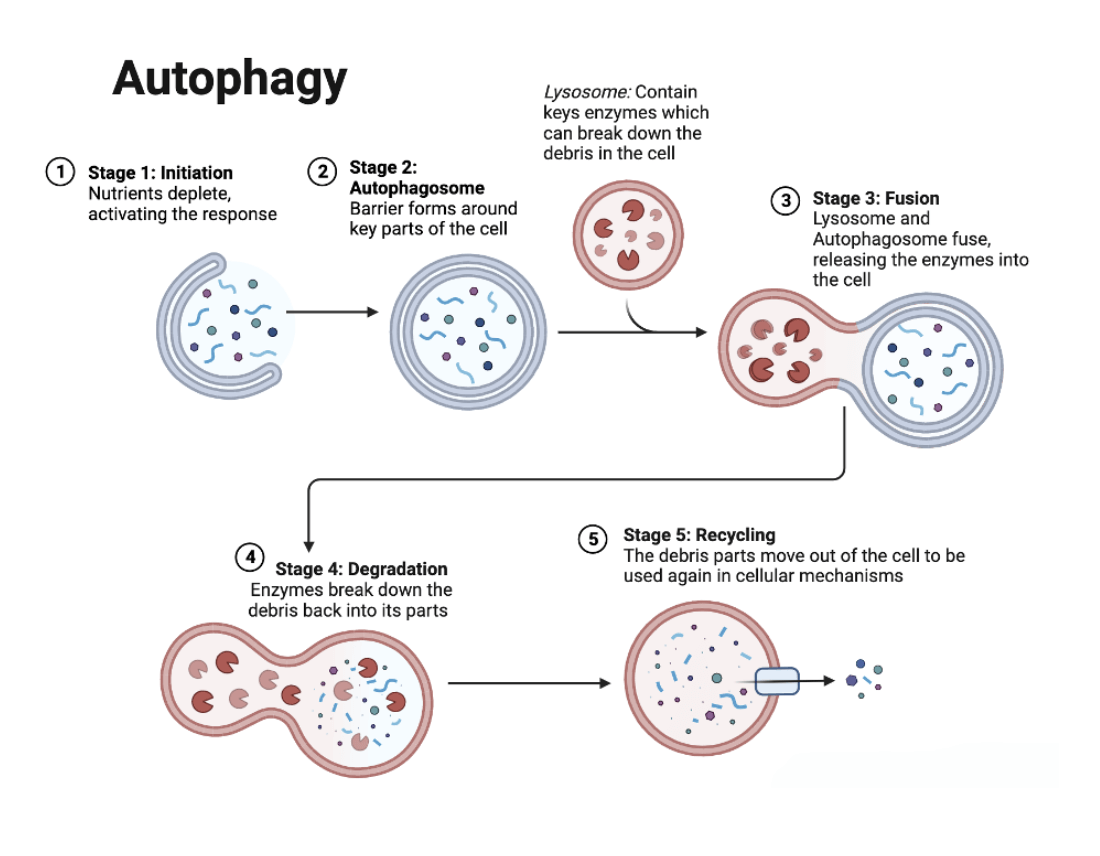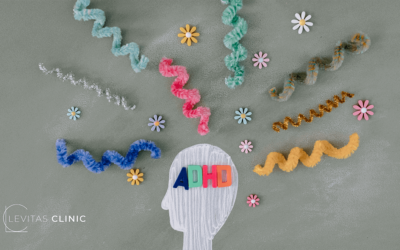The NoMAD lifestyle plan is Levitas Clinic’s unique reverse-ageing programme, focusing on fasting and autophagy to detox the body of cellular debris, helping you achieve maximum functionality. Combining our holistic investigation and micronutrition support with the body’s innate ability to cleanse cells of toxins, creates a long-lasting solution to a range of health disorders.
- Encourages the growth of new cells enhancing cognitive function
- Improvements in mood and mental clarity
- Supports immune strength in warding off infections
- Reduces inflammatory processes in the body
- Promotes the production of growth hormone
- Reduces joint pain and stiffness
- Encourages fat loss
- Improves sleep
- Improves skin conditions such as eczema
- Reduces cravings and addictive impulses
Why target cellular renewal?
The NoMad plan is founded on the principle of autophagy, a cellular process which involves the degradation and recycling of cellular components ensuring cell survival and efficiency. Cells are in every tissue and organ in the body, consistently working to keep each part of the body functioning with no errors. Over time, cells can become defective and dysfunctional due to the accumulation of cellular debris. This includes old DNA, incorrect or clustered proteins and damaged organelles such as the mitochondria.
The word “autophagy” comes from the Greek words “auto,” meaning self, and “phagy,” meaning eating – translating to “self-eating”.
This build-up of excess components in the cells severely impacts their function, contributing to a host of diseases including autoimmune disease, dementia and metabolic dysfunction, but most crucially is part of the ageing process. As we age, the rate that we remove debris from our cells decreases, leading to this accumulation and susceptibility to age-related disease. This makes autophagy an excellent target in boosting our natural anti-aging capabilities.
The 5 stages of Autophagy
The diagram above breaks down the steps of autophagy, happening in your cells at this very moment.
Stage 1: Initiation
This stage is where your cells begin to identify a lack of nutrients within the cell. This indicates that that cell is not functioning at its optimum capacity and therefore needs clearing and cleansing.
Stage 2: Autophagosome
The autophagosome is a barrier which forms around the unwanted cellular material, preparing it to be fused with a lysosome, an external organelle which contains the enzymes needed to break down the debris.
Stage 3: Fusion
Fusion is where the autophagosome and lysosome meet, and bind together as one, releasing the enzymes.
Stage 4: Degradation
At this stage, the enzymes are free to break down the debris back into its amino acid parts.
Stage 5: Recycling
The waste products are moved out of the cell, ready to be reused in a wide range of processes.
How can NoMad trigger autophagy?
As we know, autophagy is triggered when there is a low level of nutrients in the cell. Fasting is an excellent way of inducing autophagy as we quickly stop the input of nutrients into the body and therefore our cells run out of micronutrition rapidly. During the NoMad plan, autophagy is initiated with a 3-day water fast with rest. This downtime not only starts autophagy, but also enables the adrenal gland to rest, reducing the fight or flight response.



